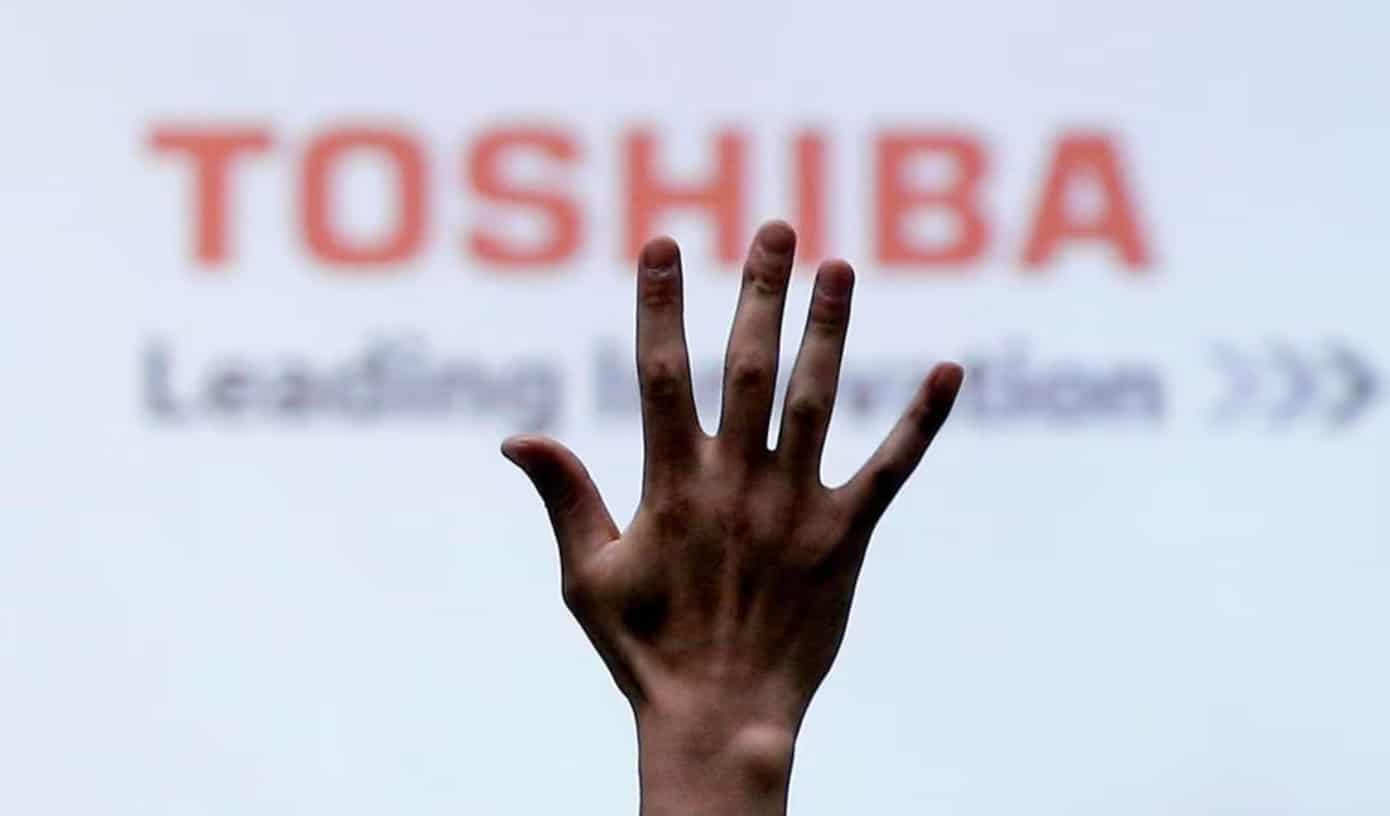Toshiba Corp’s (6502.T) auction was supposed to ignite a race for top-dollar bids among global private equity firms. Instead, it brought months of uncertainty and a solitary, scaled-back offer from the company’s business partners in Japan.
The $15 billion bid, led by domestic buyout firm Japan Industrial Partners (JIP) and accepted by Toshiba’s board last week, could finally end years of exhausting battles with activist shareholders that sparked management reshuffles and strategy reversals.
Less certain is whether the deal can revive the 147-year-old conglomerate, which has never fully recovered from a 2015 accounting scandal and the bankruptcy of US unit Westinghouse two years later.
Major activist shareholders are expected to exit, people familiar with the matter said. Some, including top shareholder Effissimo Capital Management, could make huge profits, having bought their shares cheaply in a 2017 bailout.
Other investors may not be so lucky: the offer price represents a 15 per cent discount from December 2014, before the accounting scandal. It also represents a 22 per cent discount to the lifetime high hit in June last year.
Many of the 23 companies investing alongside JIP have ties to Toshiba. Some were introduced to JIP by Toshiba’s management, some of the people said, declining to be identified because the information is not public.
Some others were introduced by the trade ministry, one person said.
The investors include longtime business partners such as Chubu Electric Power (9502.T). “Toshiba has been a very important business partner,” said a person at one of the companies.
Toshiba’s management, including CEO Taro Shimada, will stay on, while the government keeps Toshiba’s sensitive defence and nuclear technologies in Japanese hands.
“It has been a complete mess,” said analyst Mio Kato of LightStream Research, which publishes on Smartkarma.
The process involved “too many stakeholders making strong demands of management in ways that conflicted with each other,” he said.
Activists also “grossly underestimated” the difficulty and time required to fix Toshiba, he said.
Major shareholders have declined to comment, as has the trade ministry.
LACKLUSTRE ENDORSEMENT
Toshiba’s board, which includes representatives from Paul Singer’s Elliott Management and Farallon Capital Management, formally accepted JIP’s offer of 4,620 yen a share, Toshiba said in a statement on Thursday, valuing it at 2 trillion yen ($15.2 billion).
But the board refrained from recommending investors tender their shares, deeming even JIP’s initial offer of up to 5,500 yen per share “unsatisfactory”, Toshiba said.
The price was scaled back as Toshiba’s earnings worsened.
Some top shareholders had previously told Reuters that 6,000 yen was a threshold to get the buyout done.
Now top activist shareholders are tired of the drama and eager to exit, according to some of the people, even at the “shockingly low” price, one of them said.
At the end of a year-long auction process JIP’s was the only “comprehensive” bid remaining, the company said.
“The situation where the buyers were not able to come to agreement continued for a long time. They’ve now found common ground and the path to restructuring is clearer,” said Takamasa Ikeda, a portfolio manager at GCI Asset Management.
Some global private equity firms including KKR & Co (KKR.N) backed off early, in part due to concerns about antitrust hurdles and government scrutiny of sensitive technology.
JIP had initially teamed up with a state-backed fund, Japan Investment Corp. They later parted ways, disagreeing over JIP’s intention to keep CEO Shimada and his team.
Japan Investment Corp later discussed joining up with Bain Capital, giving the US private equity firm a much-needed local partner. But the state-backed fund opted to sit out, believing its plan for deep restructuring would not appeal to management, sources said.
Bain in 2018 bought a majority stake in Toshiba’s most important asset, its memory chip business, later renaming it Kioxia Holdings.
PREFERRED BIDDER
The drawn-out process meant Toshiba missed the window for an “ideal valuation” when tech stocks were still going strong, LightStream’s Kato said.
JIP was named the preferred bidder in October but faced pushback from banks over its plan.
“If management stays and pursues the current strategy, we can’t see how they would improve the company,” one banker said late last year.
JIP eventually agreed to dispose of underperforming businesses in the event of earnings deteriorating – a condition from the banks to get 1.2 trillion yen in senior loans, people said.
Then Chief Operating Officer Goro Yanase played a big role in consolidating the JIP proposal, multiple people said. He abruptly resigned in February, over inappropriate use of entertainment expenses.
The retention of Shimada and, before his removal, Yanase, were bank conditions for the loans, the company said.
Toshiba felt stable shareholders were desirable to end the tumult, unlike current shareholders “with many differing views”, it said.
JIP does not see the need for big strategy adjustments, Toshiba said.







Click here to change your cookie preferences